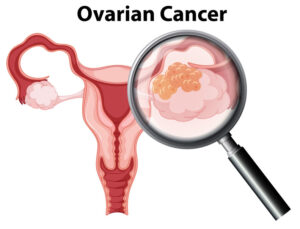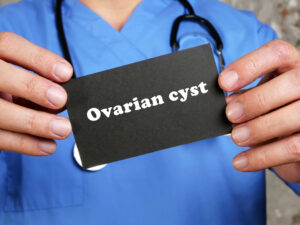I remember being pregnant with my daughter. Of all the things pregnancy related that worried me, that blasted 1 hour glucola had me stressed the “F” out! I remember thinking to myself, “dear Lord, PLEASE don’t make me a gestational diabetic. I promise, if you just let me pass this 1 hour glucola, I will tithe, go to church more regularly…” Y’all know how it is when you try to bargain with the Lord. Sometimes this can turn into full-on diabetes that the mother will have to deal with after giving birth as well, requiring her to use glucose meters to help keep her glucose levels checked and on track.
Anyhow, I was fortunate enough NOT to have gestational diabetes even though I had a few risk factors; i.e., I was considered advanced maternal age when I had my daughter(I was older than 35; 37 to be exact), and I was, and still am, black. Or are we calling it African-American these days? You know what I’m talking about.
Click here to see a piece recently run on NJTV PBS featuring yours truly about gestational diabetes. Here are
Five facts to know about gestational diabetes:
- If you’ve had it before you are likely to have it again. A history of gestational diabetes is a risk factor as well as: a history of having a large infant, non-white race, age >25, family or personal history of diabetes, being overweight, etc., etc. People with risk factors may undergo an early screening as well as the traditional screening(see below).
- It’s diagnosed by a glucose test. The one hour glucola I mentioned above is a screening test. This is typically done between 26 and 28 weeks, though if there are risk factors present, it may be done as early as 12 weeks gestation. As I was saying, you drink a sugary drink and then have your blood sugar measured an hour later. Depending on which parameter your obgyn uses, you will fail the one hour if your result is greater than either 130 or 140(in my personal practice we use 140 as the cut-off). Failing the one hour glucola means you have to do the diagnostic test, the 3 hr glucose tolerance test. Unlike the 1 hour test, for the 3 hour glucose test you won’t want to eat anything after midnight. You will drink another sugary drink and will have several blood draws. A fasting, a one, two, and 3 hour level. If 2 of the 4 values are abnormal, you are officially diagnosed with gestational diabetes. Did I lose you? Hope not.
- Just because you’ve been diagnosed with gestational diabetes doesn’t mean you necessarily need insulin to control your sugar levels. Lots of gestational diabetics maintain good sugar control with diet and exercise alone. One of the first things that will happen once you are diagnosed is you will meet with a nutritionist/diabetic educator who will teach you what foods to eat and which ones to avoid. They will also teach you how to take/document your blood sugars. You will measure your levels 4 times a day; a fasting, and then 2 hours after breakfast, lunch, and dinner. We prefer your fasting levels to be less than 95 and your 2 hour post meal values to be less than 120. Speaking of diet and exercise, not only are these good ways to maintain good control of your treatment diabetes info, but they are also a good way to avoid the diagnosis.
- Being diagnosed with gestational diabetes means you get to see your obgyn and likely a perinatologist(high risk obstetrician)more often. We follow you very closely to ensure that your sugars are good. If you are not able to maintain good control with diet and exercise alone, you will be started on insulin. Good sugar control is paramount as poor control during pregnancy can lead to very large babies, premature delivery, electrolyte abnormalities in the baby after birth, respiratory issues in baby after birth, and increased risk of fetal demise. Women with gestational diabetes usually are followed with growth ultrasounds on baby every 3-4 weeks, and if they are on insulin, they are monitored via some sort of fetal monitoring twice a week. This can be either a non-stress test(where we hook you up to the monitors in the office and watch babies heart rate as well as mom’s uterine activity for 20-30 minutes), or a biophysical profile(an ultrasound that looks at fetal movement, breathing, tone, and amniotic fluid levels).
- Being diagnosed with gestational diabetes isn’t a death sentence. For most, it’s a wake up call to healthier living. A lot of moms with gestational diabetes find that they continue on with healthy eating and exercise even after baby is born. It’s a good thing as having gestational diabetes increases your risk of developing it later in life. At some point postpartum, usually 6 to 8 weeks post delivery, another glucose tolerance test is done to ensure the diabetes has completely resolved. Be sure to ask your obgyn about this as lots of folks slip through the cracks and aren’t tested post delivery.
So there you have it. A few pearls about gestational diabetes.
Hoping this blog post has both informed and entertained.
Until next time,
Look Better. Feel Better. Be Better.
Dr. Angela










